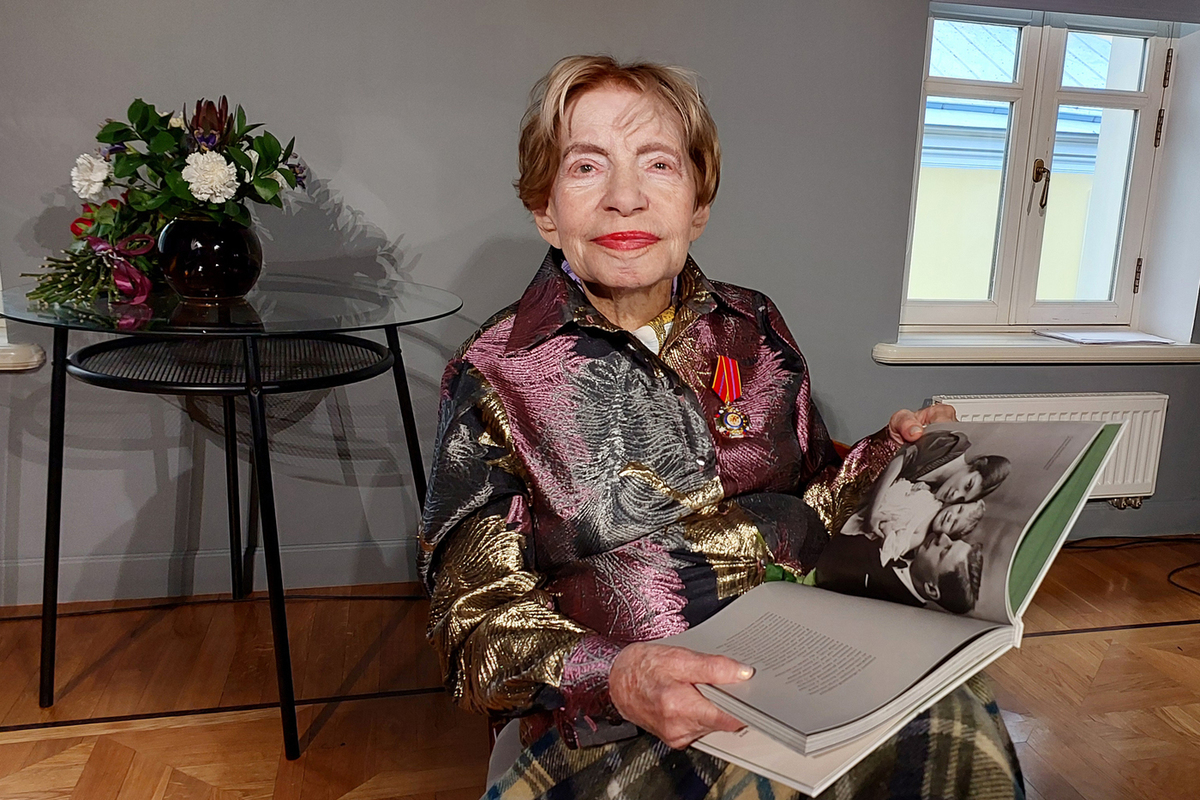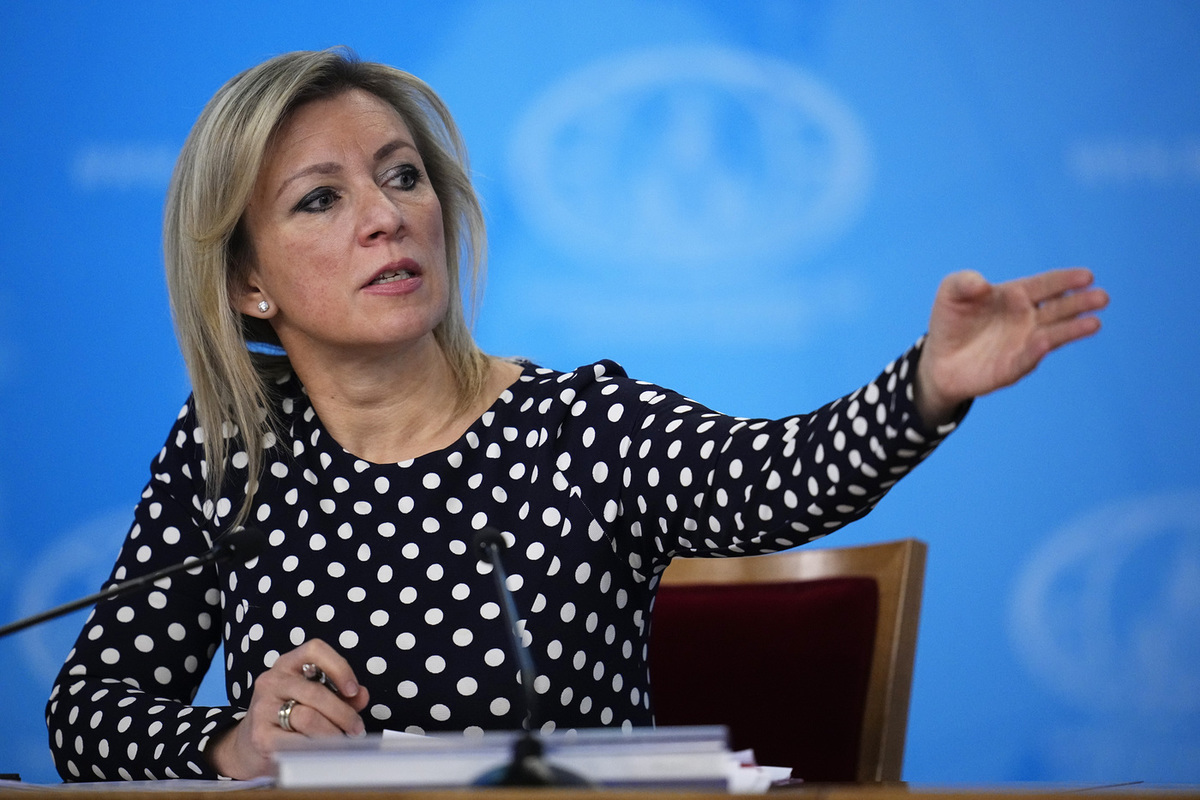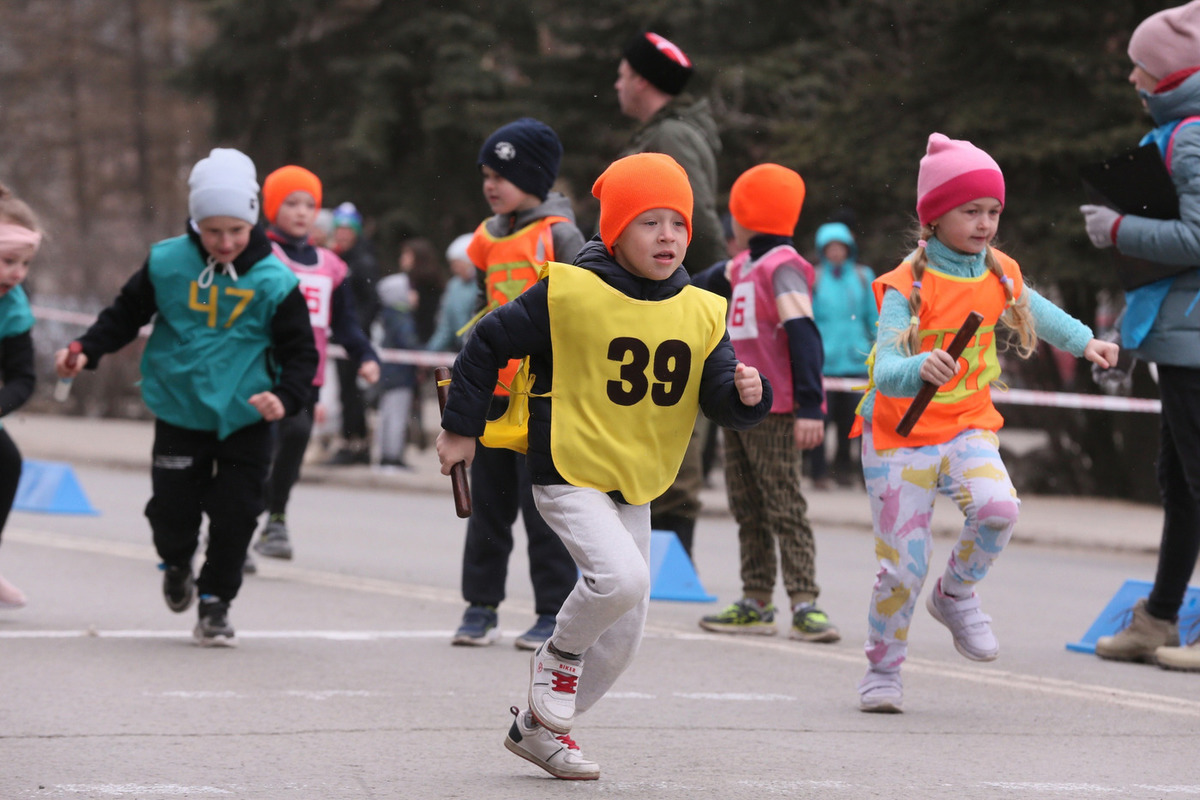Nobel Prize in Literature awarded for 'clinical acuity'
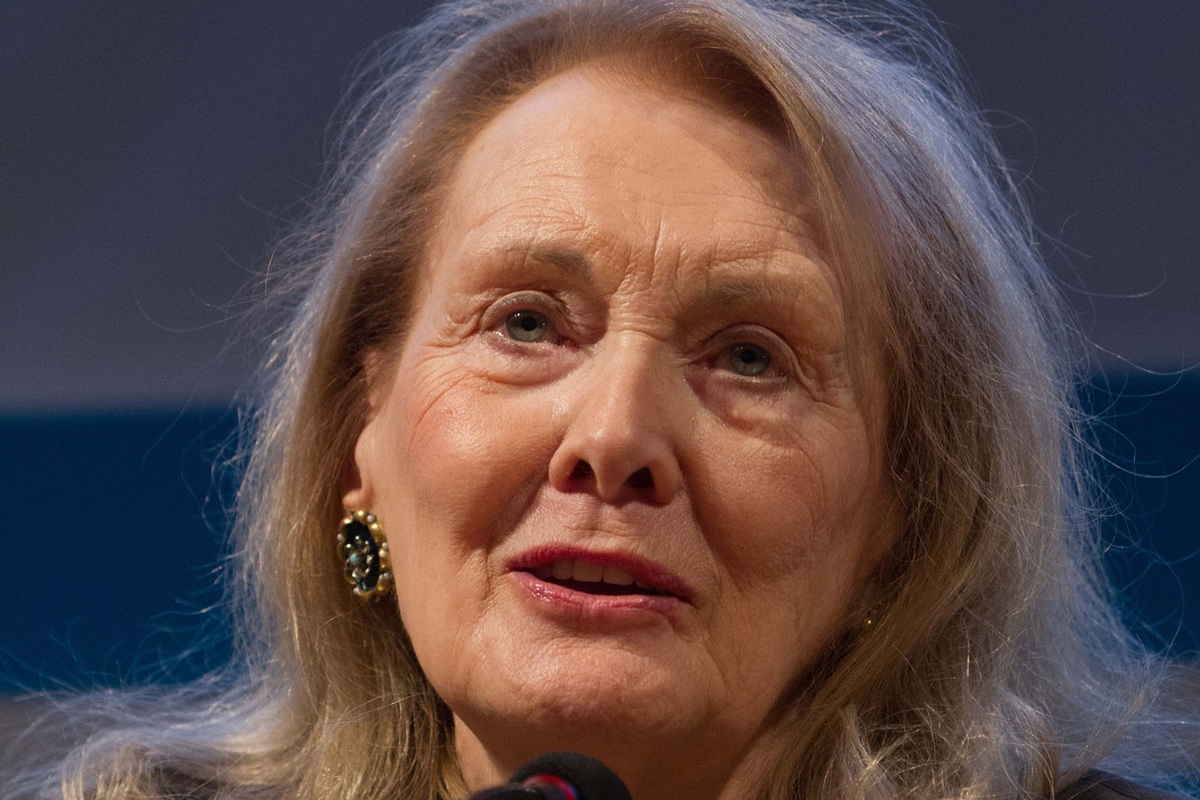
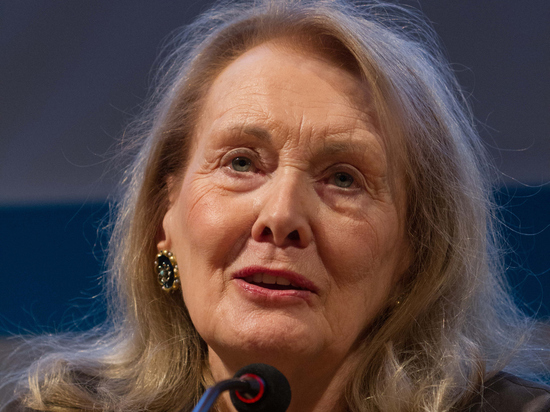
On Thursday, October 6, the Swedish Academy announced the name of the Nobel Prize in Literature winner - French writer Annie Erno. The wording of the merits of the awardee sounds like this: "for the courage and clinical sharpness with which she reveals the roots, alienation and collective limitations of personal memory."
Interestingly, last year, the media, based on the data of bookmakers, called Annie Erno the favorite among the candidates for the Nobel Prize in Literature. But then the British writer, a native of the island of Zanzibar (thus, he is a fellow countryman of Freddie Mercury from the Queen group) Abdulrazak Gurna, the author of a dozen novels and a number of short stories, became the Nobel laureate in literature. He was awarded "for his uncompromising and compassionate insight into the consequences of colonialism and the fate of refugees in the gulf between cultures and continents."
And now it's time to "come true" forecasts. “In his work, Erno consistently and from different angles explores a life marked by strong differences in terms of gender, language and class. Her path to authorship was long and difficult,” the Nobel Committee website says.
Annie Erno's first novel - now 82 years old - was published in 1974. It contains distinct autobiographical motifs, which will also be characteristic of the subsequent work of the writer. All her work in one way or another reflects the real episodes of her biography: childhood, social career, marriage and motherhood, the discovery of her own sexuality, abortion, breast cancer, illness and death of her mother. In Erno's novels, personal memories are superimposed on the collective memory of a generation, they are a real testament to the era.
Prior to receiving the Nobel, Annie Erno won a number of literary awards: the Renaud Prize, the Marguerite Duras Prize, the Francois Mauriac Prize, the French Language Prize.
As Ellen Mattson, a member of the Swedish Academy, said in an interview published on the Nobel Prize website, “the only thing that the commission takes into account when selecting laureates is “literary merit”.
According to her, when choosing a laureate, they never look at a person’s personal life: “It doesn’t matter at all. We are always looking for just great literature. The winner has to be someone who writes great literature, someone who you can feel when you read a certain strength, a development that runs through all of their books. But the world is full of very good, wonderful writers, and it takes more than that to be a laureate. What it is is very difficult to explain. I guess that's what you were born with. Romantics would call it a divine spark."
Between 1901 and 2021, the Nobel Prize in Literature has been awarded 114 times. As a rule, the literary "Nobel Prize" goes to one laureate, although history knows a few exceptions. Thus, in 1904 the prize was shared by the Provence poet Frederic Mistral and the Spanish playwright José Echegaray y Eisagirre, in 1917 by the Danish authors Carl Adolf Gjellerup and Henrik Pontoppidan, in 1966 by the Israeli Shmuel Agnon and the German poetess Nelly Sachs, and in 1974 - Eyvind Yunson and Harry Martinson from Sweden.
In 2020, the American poetess Louise Gluck became the owner of the literary Nobel, noted "for a poetic voice that, with severe beauty, makes individual existence universal." Gluck became one of the sixteen women who received the Nobel (one of them is Svetlana Aleksievich, whose award caused fierce discussions). And Doris Lessing, awarded in 2007 at the age of 88, remains the oldest recipient of the Literature Prize. The youngest of the laureate writers is Rudyard Kipling, who received the award at the age of 41.
It is worth noting that in 2019, the announcement of the decision of the Swedish Academy on the literary Nobel Prize was very unusual - the winners were named immediately two years in advance. This is due to the fact that earlier it was decided to refuse to award the Nobel Prize in Literature for 2018 - but it was promised that the decision on this award would be announced together with the name of the 2019 laureate. Thus, the Polish poetess and writer Olga Tokarczuk became the winner of the award for 2018, and the Austrian writer and playwright Peter Handke became the winner of 2019.
Such shifts were the result of a high-profile scandal that arose on the basis of the #MeToo movement. French photographer Jean-Claude Arnault, who is affiliated with the Swedish Academy, has been accused of sexual harassment after 18 women accused him of sexual assault and even rape in November 2017. And Arno's wife, the Swedish poetess Katarina Frostenson, has been a member of the Academy that awards the Nobel Prize in Literature for a number of years. Moreover, some episodes of harassment by Arno took place on the premises of the Swedish Academy, and the shackled "hero-lover" himself called himself "the 19th member of the academy." As a result, the Swedish academicians voted for the exclusion of Katarina Frostenson from the membership of the academy. Arno himself, 72, was sentenced by the Stockholm District Court to two years in prison for forcing one of his victims to perform oral sex on him, and a few months later in 2011 he raped her while she was sleeping.


